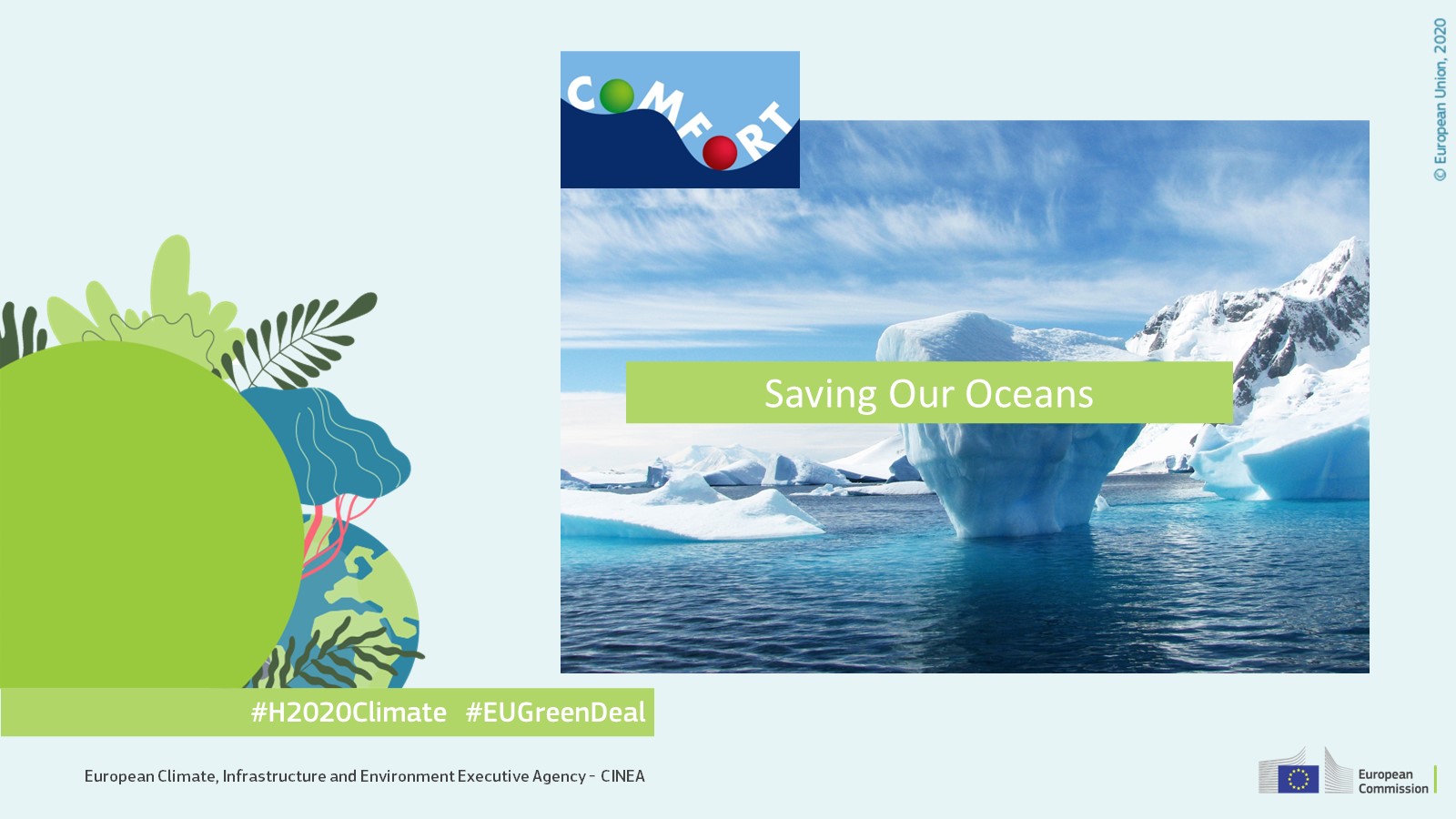
These findings underscore the irreversible consequences that await us should we fail to take immediate and decisive action to mitigate the effects of excessive carbon emissions caused by human activities. Notably, the project has focused on phenomena such as the weakening of the Atlantic Meridional Overturning Circulation (AMOC) and the decline of Arctic Sea ice, as well as the triple threat of warming, deoxygenation, and ocean acidification.
In response to these alarming findings, COMFORT has proposed a series of mitigation strategies. While these strategies come with their efficiencies and potential risks, they offer hope in preventing an overshoot of the 1.5°C temperature target set in the Paris Agreement. Although reducing greenhouse gas emissions and limiting reactive nitrogen input to the ocean upfront is better, more economical, and inducing less environmental stress than fixing issues later, one such strategy involves the simulation and implementation of large-scale carbon dioxide removal in the Earth’s system, with a subsequent assessment of their impacts on ecosystems. These solutions are not just theoretical; they represent tangible, actionable steps towards preventing a catastrophe.
During its duration, COMFORT’s contributions have already played a pivotal role in raising awareness among the scientific community, policymakers, and the public. This has been achieved through engagements with stakeholders, interactions with influential entities like IPPC, and preparations for the upcoming COP28. Additionally, the project has also reached out to young students in schools, fostering greater awareness and understanding of the gravity of the ocean’s situation.
The culmination of COMFORT's work is the release of four essential documents that will synthesize critical findings. These documents aim to summarize the findings regarding abrupt changes and tipping points in the ocean, suggest pathways to safeguard ocean biogeochemistry, propose approaches to define a safe operating space, and delve into the natural and societal dimensions of ocean changes and tipping points.
In conclusion, the COMFORT project has illuminated the frightening ocean tipping points and abrupt changes that pressure our planet, demonstrated by the increased incidence of extreme events like marine heatwaves. By communicating these findings to a large audience and proposing concrete mitigation strategies, COMFORT has provided hope and a clear direction in addressing the climate crisis. The legacy of this project will endure, guiding our collective efforts to safeguard the oceans and the future of our planet.
For more information, please see the EU factsheet.
- Reference
- H2020-LC-CLA-2018-2019-2020
- Project duration
- 1 Sep 2019 - 31 Aug 2023
- Project locations
- Norway
- Overall budget
- €8 482 148
- EU contribution
- €8 191 66496.6% of the overall budget
- Project website
- https://comfort.w.uib.no/
